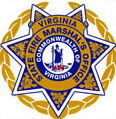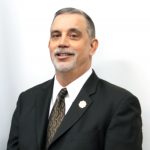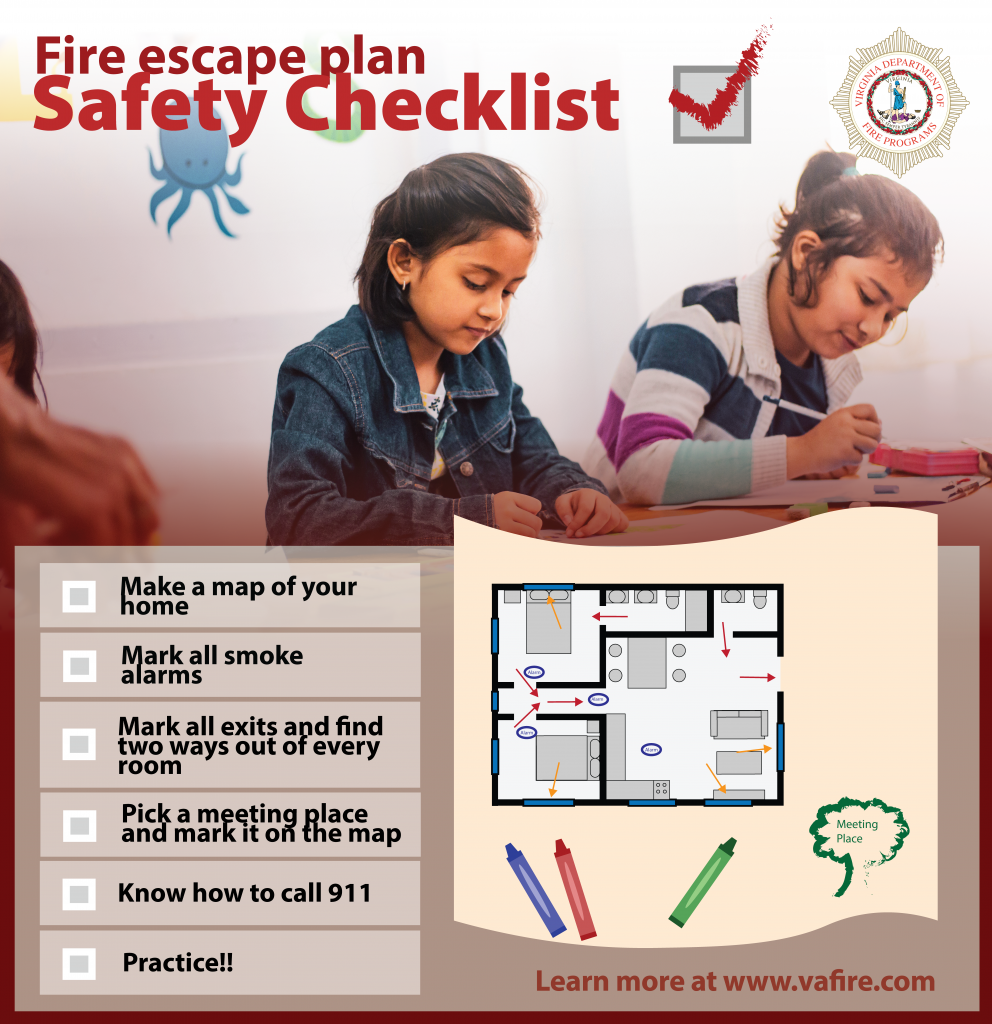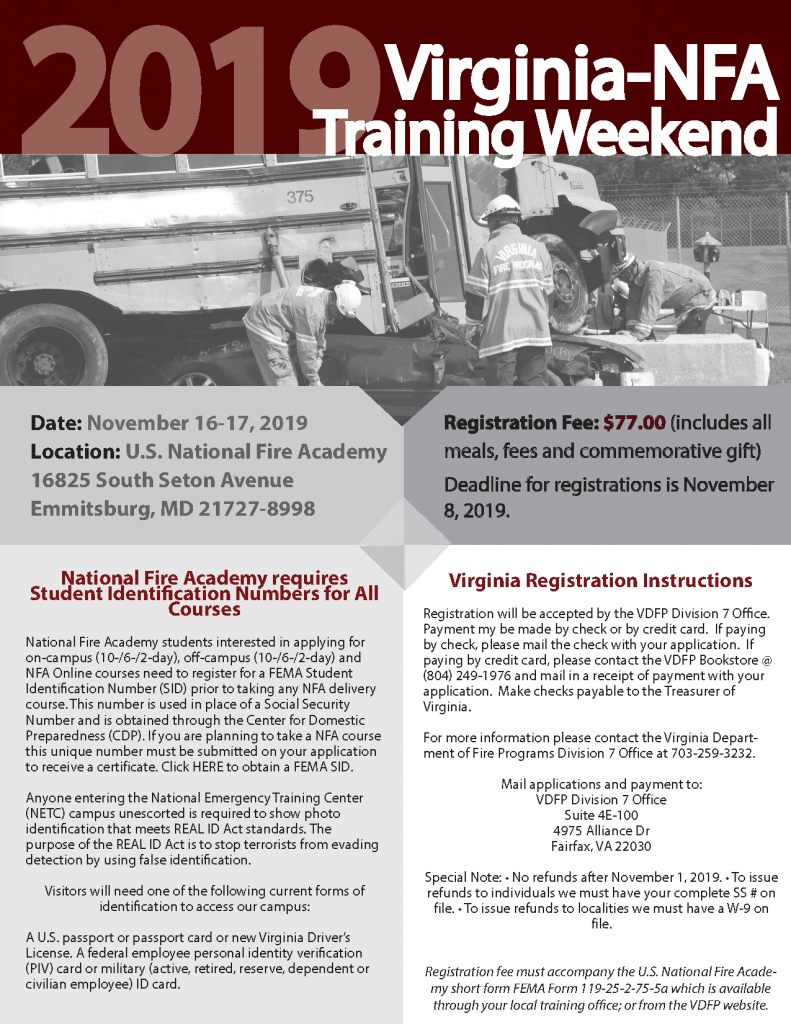VDFP Media Advisory – July 1, 2019
Virginia Department of Fire Programs’ State Fire Marshal Office Stresses Safety First During the Fourth of July Holiday
Don’t Get Burned. Leave the Fireworks to the Professionals.

GLEN ALLEN – The Virginia Department of Fire Programs’ (VDFP) State Fire Marshal’s Office reminds Virginia residents and visitors that operating fireworks is extremely dangerous – let professionals handle the fireworks this Fourth of July holiday weekend.
“Around this time of year, an increase in burns to hands, fingers, and arms occurs due to the mishandling of fireworks by consumers,” said VDFP Executive Director Michael Reilly. “There are more adverse effects from handling fireworks improperly that residents don’t consider, such as the start of fires and excessive noise. The safest way to celebrate the holiday with fireworks is to visit a professional fireworks show.”
According the 2018 Fireworks Annual Report by the Consumer Product Safety Commission, there were a reported five deaths from the direct impacts of fireworks. An estimated 5,600 fireworks-related injuries were treated across the U.S. during June 22 and July 22. In that four-week span, children ages 10 to 14 years of age suffered the most fireworks-related injuries. Teens ages 15 to 19 had the second highest rate of injuries.
“We also emphasize that the possession of and selling illegal fireworks in Virginia is a criminal offense,” said Deputy State Fire Marshal Steven Sites. “The State Fire Marshal’s Office confiscated nearly 2,000 illegal fireworks in Virginia by the Fourth of July holiday in 2018. Remember that illegal fireworks are illegal for proven and sensible reasons.”
Only “permissible fireworks,” as defined in the Code of Virginia, can be legally sold, possessed or used within the Commonwealth. A list of permissible fireworks can be viewed here. The fireworks listed in this document have been field tested to compare the items to the performance criteria of the American Fireworks Standards Laboratory (AFSL). Permissible fireworks may also be further limited in different localities. Check local ordinances as well as the Statewide Fire Prevention Code prior to purchasing and utilizing fireworks. In general, any firework that explodes, moves on the ground or in the air, or shoots a projectile is illegal.
The sale, possession and /or use of any fireworks not classified as permissible is prohibited. Violations can be prosecuted as a Class I Misdemeanor, punishable by a fine not to exceed $2,500 and/or up to one (1) year in jail. Any illegal fireworks can be confiscated by authorities. Many localities prohibit the sale, possession or use of all fireworks.
Fire and law enforcement officials will be working over the holiday to ensure the safety of Virginia’s residents and visitors.
If you do use permissible fireworks, follow these important safety precautions:
- Check local ordinances on the use of fireworks.
- Fireworks can only be used on private property with the consent of the owner.
- Never use fireworks indoors.
- Never use fireworks while under the influence of alcohol or drugs.
- Never allow children to use fireworks.
- Ensure adequate clearance from people, buildings and combustible material.
- Have a garden hose or other water source readily available in case of fire.
- Soak spent fireworks in water before placing them in the trash.
- Always follow the manufacturer’s instructions.
- Never hold the fireworks in your hands while lighting them.
- Never point fireworks at a person.
About the VDFP
The Virginia Department of Fire Programs provides training, support services, and resources to more than 700 fire and emergency service organizations, and approximately 44,000 fire service personnel in the Commonwealth. Support areas include funding, professional development, research, operational support, technical assistance, and fire prevention inspections through its State Fire Marshal Office.
 Dubé has dedicated himself to an extensive career in public safety. He last served as the fire chief of the Alexandria Fire Department, where he retired in July 2019. A past recipient of the Virginia Governor’s Award for Excellence in Fire Service Management, Dubé’s career tenure include service as a county administrator and fire/EMS chief and emergency services coordinator for Louisa County; an assistant fire chief and emergency manager for the City of Clearwater, Florida; and, a firefighter/EMT and captain for Fairfax County, where he began his career.
Dubé has dedicated himself to an extensive career in public safety. He last served as the fire chief of the Alexandria Fire Department, where he retired in July 2019. A past recipient of the Virginia Governor’s Award for Excellence in Fire Service Management, Dubé’s career tenure include service as a county administrator and fire/EMS chief and emergency services coordinator for Louisa County; an assistant fire chief and emergency manager for the City of Clearwater, Florida; and, a firefighter/EMT and captain for Fairfax County, where he began his career.

